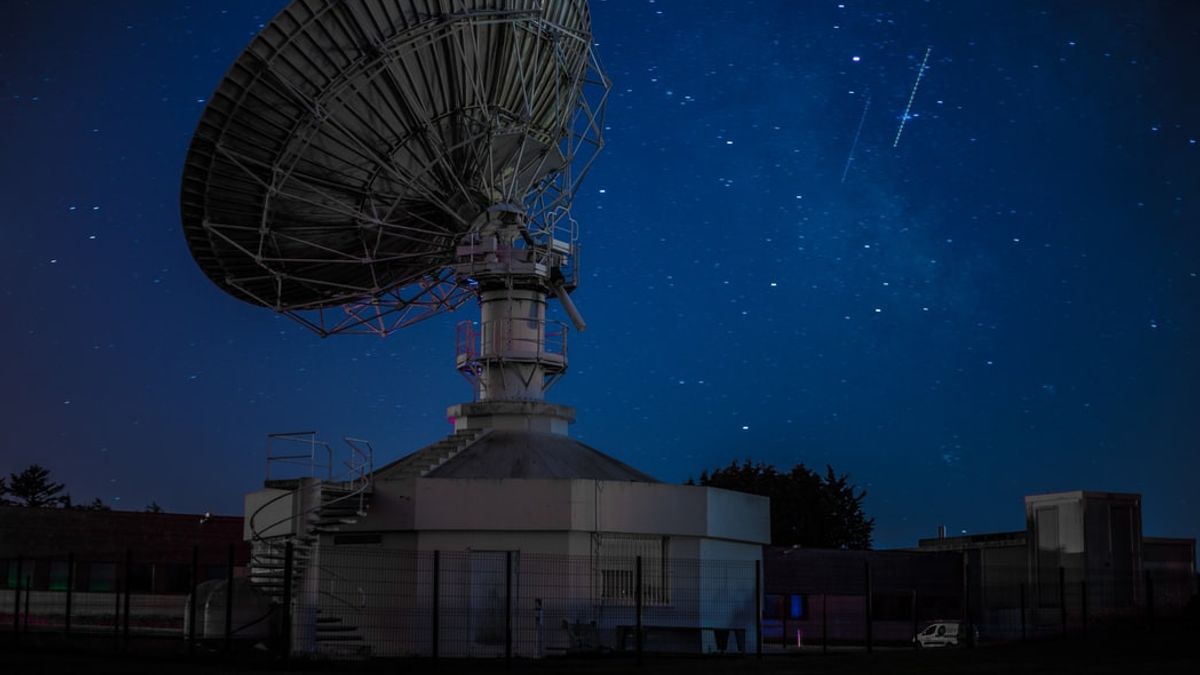JAKARTA – India is again one step ahead in satellite technology. As evidenced by the collaboration of India's Tata Group, and Canadian satellite communications service provider Telesat, they are in the process of finalizing their strategy to take part in the satellite broadband market. This is possible because the Indian government will announce its policy to allow private players in the segment.
There is growing interest in this market from other big players including Elon Musk's Starlink, Jeff Bezos' Project Kuiper, and Sunil Bharti Mittal-backed One Web.
Group entity Tata Nelco announced a partnership with Telesat in September 2020 with the aim of offering enterprise broadband services based on Telesat's Low Earth Orbit (LEO) satellite. For the past 10 months, both sides have been working on plans to launch the service in India once the government announces the policy.
“Telesat and Nelco are in the process of finalizing their commercial offerings across the company's market segments, subject to appropriate regulatory approvals. The market requirements are different for different segments and it is being analyzed together,” said PJ Nath, Managing Director & CEO at Nelco Limited, told BusinessLine.
"Together, we await the announcement of a new Spacecom policy that will help to further refine and finalize our offerings in this country," he added.
LEO-satellite concept
Laura Roberti, Spectrum and Market Access Director at Telesat, said the Canadian company is also exploring other local partnerships with Indian companies for terrestrial connectivity from its LEO network.
Through this partnership, Telesat aims to explore site locations for gateway landing stations and Points of Presence in India. The new LEO satellite concept, orbiting 500-2,000 km from Earth, offers faster communication as it has lower latency and often provides higher bandwidth per user than currently running Geosynchronous Earth Orbit satellites that offer broadband service.
Considering the ongoing debate over whether satellite spectrum should be auctioned off like its terrestrial counterparts, Roberti said, “The assignment of spectrum through auction is not suitable for microwave spectrum to be used for the provision of satellite services. This will, among other things, lead to inefficient use of spectrum.”
"There is no precedent for determining spectrum through auctions for satellite services in this frequency band," said Robert.
The English, Chinese, Japanese, Arabic, and French versions are automatically generated by the AI. So there may still be inaccuracies in translating, please always see Indonesian as our main language. (system supported by DigitalSiber.id)













